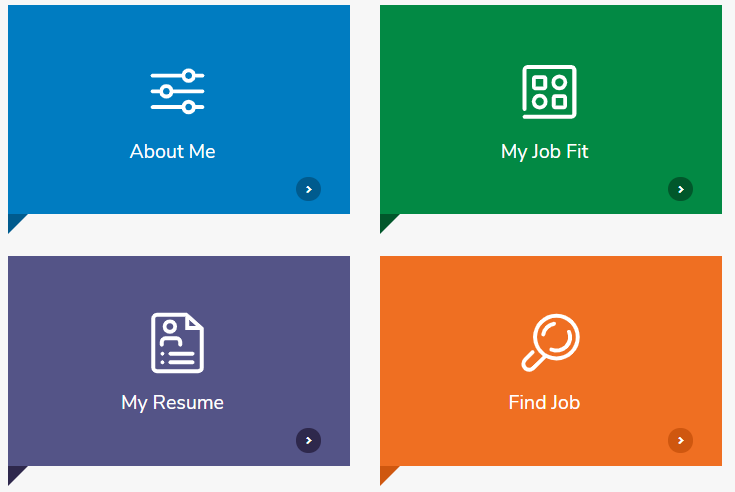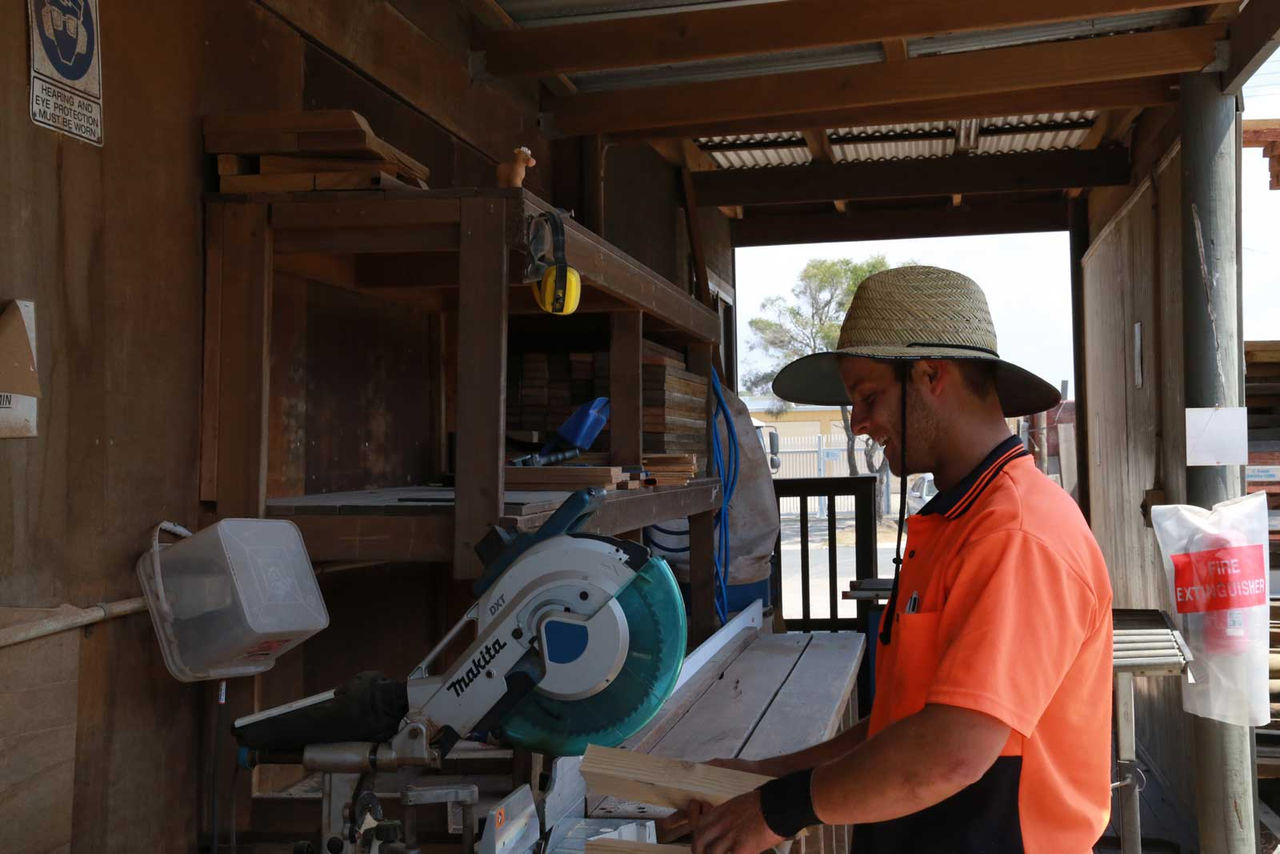Should you hire an overqualified candidate?
Published by MAXSolutions on May 18, 2020

The cataclysmic changes in the Australian business landscape during COVID-19 are continuing to reverberate around workplaces across the country.
Economic downturns always lead to a glut of highly qualified workers entering the race for jobs. This means the age-old question of whether to hire someone who is ‘overqualified’ has just become more important again.
If you are in a position to be employing staff, you likely have an immense pool of talent available to you, including overqualified candidates.
What is an overqualified candidate/employee?
A candidate is typically considered overqualified if their level of education is higher and/or their workplace experience is in roles that exceed the one on offer in both pay and hierarchical positioning.
What that looks like for each role you have on offer, and each candidate that comes your way is going to be different, but generally recruiters get a sense quickly if a candidate is a match for the role, reaching up with little or no qualifications or experience, or indeed overqualified.
Why do overqualified people apply?
The reason why an overqualified candidate is applying typically provides some guidance to employers as to how to proceed.
Under more normal economic circumstances, overqualified candidates can present themselves for a multitude of reasons – to readjust their work/life balance, to use as a workforce re-entry point, to change industry or careers, to chase an altruistic dream, just to name a few.
Each may suggest a perfect fit or be the perfect incentive to pass over a candidate, depending on how your circumstances marry with theirs.
Due largely to the restrictions put in place to protect us from COVID-19, the number of Australians employed dropped by nearly 600,000 in April. Many hundreds of thousands more may join that number in the coming months (source: ABC News).
Given the vast majority of people on the hunt for jobs right now are likely to be hunting as a result of the drastic economic fallout and these mass job losses, we’ll focus on candidates needing a job as the ‘why’.
Should you hire an overqualified candidate?
Of course, there’s no right or wrong answer – we all know hiring is a nuanced business at the best of times.
The Australian HR Institute wrote in 2017 that “overqualified candidates are equal parts tantalising and terrifying.”
Here are some things to consider when those overtly impressive resumes pile up on your desk. We’ll start with the terrifying and end with the tantalising.
The Terrifying - Why do employers often reject overqualified candidates?
Generally speaking employers are wary of hiring overqualified candidates and are quick to reject overqualified candidate applications at the outset.
Thought processes and reasoning might include:
“They won’t last long”
Concerns the candidate will move on as soon as a better position becomes available. This may be on to a job with better pay, more suited to the employee’s skillset or with more opportunity for career progression. A quick turnover means the costs and time associated with onboarding are wasted and the recruitment process must begin again – employers are understandably often unwilling to take this risk.
“They’ll get bored”
Concerns that overqualified candidates will become bored and dissatisfied are common. Some of the flow on effects of boredom might include:
- The employee asking for more money in order to make up for the lack of stimulation
- The employee asking for a promotion in order to gain job satisfaction
- The employee becoming complacent and approaching the job with little initiative or scraping through to complete the bare minimum in a day
- The employee quitting or moving on.
“They’ll want to make lots of changes”
Concerns the employee will approach the job overzealously, looking to make improvements in processes and practices at every turn.
Managers have every right to look for employees that will fit their team, and while some initiative and suggestions for improvements in efficiency are welcome, constant requests to change in the name of improvement can be seen as incredibly destabilising for a manager, other team members and existing processes and practices.
“They’ll upset the team dynamics”
Concerns that the candidate, by their very overqualification, will disrupt interpersonal dynamics and threaten the stability of the team.
This can particularly be an issue if a recruit inadvertently reverts to a more managerial tone in word or deed with other team members. This can cause great dissatisfaction among your existing team base.
Further, if we’re being honest, many managers are very reluctant to hire someone who is similarly qualified as themselves if they might feel threatened and insecure in their own position.
“They’re taking a job from someone who really needs it”
Concerns that giving a job to someone overqualified is robbing the opportunity from someone who needs it more.
Many view those with education and experience as the lucky ones, and those without as people needing a helping hand to get on their feet and get going in their career. Managers might be keen to give an opportunity to the latter, rather than hiring someone who is in a more ‘privileged’ position.
The Tantalising - What are the positives of hiring overqualified candidates?
This is all sounding rather grim—so what are the positives of hiring overqualified candidates? Some general tantalising thoughts might be:
“They are quicker to train and need less supervision”
An opportunity for quicker onboarding. For the most part, people with an enhanced skillset and years of experience across organisations and roles bring know-how and practical understanding of how things work.
Typically, this translates into speedier onboarding and less training required to hit the ground running. It may particularly help you out of a tight spot if you’re hiring in a hurry.
Further, more competent staff often require less supervision and management time ongoing. This helps managers to concentrate on other areas of work that can maximise efficiencies and even concentrate on important projects that continually get pushed aside in order to attend to the urgent.
If the employee was to leave shortly after beginning, this loss may be offset by the quicker training time and the progress they may help you make in a shorter period (see below). Your return on investment may just surprise you.
“They will bring fresh ideas and experience”
An opportunity to inject fresh ideas and make positive changes. Employees who bring a wide range of experiences and skills often offer fresh and innovative ideas. What was considered a concern or a negative above, can of course also be viewed as a positive.
New eyes cast over your processes that see through the lens of previous experiences can bring you efficiencies, processes that better satisfy your customer base, ideas that keep your team safer … the list goes on.
Again, even if your overqualified employee leaves after a short time, the cost of recruiting may be offset in the short or medium future by the various business gains they helped you make.
“They could step up and accomplish more in the role”
An opportunity to grow the expectation of the position. Have you ever wished your staff would step up and get more done? While an overqualified person might get bored and go on autopilot achieving just the bare minimum, if you choose well, they may just set a higher bar in the role.
Not only will they be accomplishing more for you, if you have other team members in the same role, they may be inspired to achieve more each day.
Furthermore, if you have the tenacity, you could develop a mentoring program to allow your (once trained) recruit to mentor other team members. Even though they may be on the same pay grade, a mentoring program could allow your overqualified employee to gain some great job satisfaction (reducing the chance of losing them), while at the same time helping to lift up your other team members.
“They could make me look good!”
An opportunity to help a manager look good. Managers that are secure in their own talent and skillset will be quick to hire the most qualified and experienced person for the role – assuming they will be a good fit for the team and its culture.
An employee that gives more than is expected, helps bring innovative changes and efficiencies and ultimately improves the bottom line is the type of employee that helps a team produce beyond expectations. Good talent that translates into quality contributions helps both the business and the manager themselves look good.
Good managers hire the best workers they can afford. They aren't afraid of workers who might be older, smarter, or more experienced. They manage the skills of their employees to help the team produce at its best level. That's what gets managers promoted ~ The Balance Careers
Other things to consider when considering hiring an overqualified candidate
Make sure the job isn’t too menial
Being overqualified is one thing but hiring a former Chief Operating Officer to do data entry is a recipe for failure.
While some overqualification can be ideal (for the reasons outlined above), an excessive gap between the required skills and the skills on offer is far from ideal.
Are they bringing useful skills to the table?
Are the skills and experience they are bringing to the table be useful to you? Are those skills worth the risks outlined in the ‘terrifying’ list above?
Are they the right fit for the team?
This is obviously a must check item for every hiring prospect, but there’s an added layer of complexity when it comes to hiring someone you may ask to mentor other team members, or who might be the one delivering ideas for change in team meetings.
Consider from the outset if their manner would give this scenario the best chance of success or not.
Communication during the hiring process
Although for the purposes of this article we are assuming the candidate is overqualified due to the COVID-19 economic fallout and that their ‘why’ is needing a job, it’s important to communicate during the recruitment process. Things to consider discussing with your potential candidate include:
- How long they envisage staying in the role.
- What other things you might be able to offer them (eg. Flexibility in working hours, bonuses for introducing efficiencies, a mentoring role) to inspire and fulfil them.
- Whether they see themselves staying in the organisation if they’re able to move up the corporate ladder. If you don’t see opportunities for them to do this, be up front at the beginning. They may walk away if they understand the risk they are taking and you can save both of you the trouble.
- Examples of when they have brought about change in previous roles, and how they have coordinated the change process. Do their examples give you confidence that they could help bring about change in a reasonable way without ruffling too many feathers?
- Whether they have experience in mentoring and whether they feel they have what it takes to mentor others.
One parting thought…
If your candidate is looking like a great fit for many reasons, but has been honest with you that they may not stick around forever, would you consider offering them a contract?
A contract of six months for example, might give them the financial stability they’re looking for while they weather the economic storm and wait for something more suited to their career trajectory to come along. At the same time, you can view them as the most qualified worker you can afford and look to get the most out of them for you during the agreed upon time.
Lateral thinking like this may give you both an excellent rainbow during the COVID storm.
The MAX difference
At MAX we’re about giving every person, every chance. As more people join us in their quest to find employment in the fallout of the COVID-19 pandemic, we’re committed to supporting our customers into work and partnering with employers secure them the best possible candidates for their business.
If you would like to talk to us about your recruitment needs, contact our team on 1800 603 503.
Share
Tags
Found this useful?
Help and advice
Our blogs are about helping people seek the information that they need for their steps in the workforce.














_1.jpg)





























.jpeg)




















